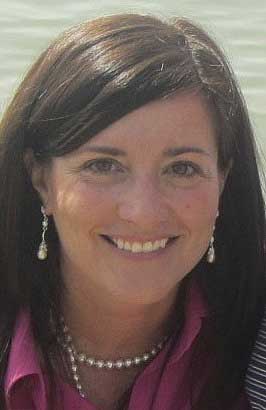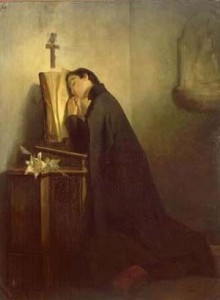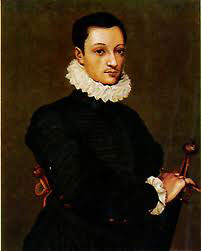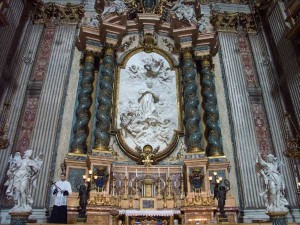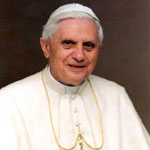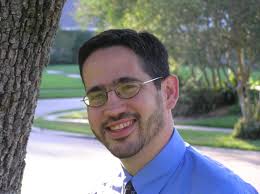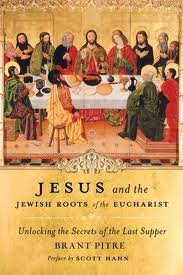FG#5 – Interior Freedom episode 2- Fountains of Grace: reflections on contemporary spiritual classics with Donna Garrett
Join host Donna Garrett, with Fr. Daniel Brandenburg, LC, as they discuss the spiritual classic “Interior Freedom” by Fr. Jacques Philippe a priest of Communaute des Beatitudes, an international association of the faithful of Pontifical Right founded in France in 1973. The members of the Community, which has a contemplative vocation based on Carmelite spirituality, are actively engaged in the service of the poor and the proclamation of the Gospel.
Podcast: Play in new window | Download (19.1MB) | Embed
Subscribe: Apple Podcasts | Spotify | Amazon Music | Android | Pandora | iHeartRadio | JioSaavn | Podchaser | Gaana | Podcast Index | Email | TuneIn | Deezer | Anghami | RSS | More
Discussed in this episode, among other topics, from “Interior Freedom” page 81
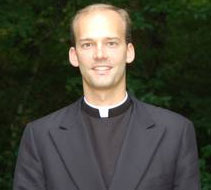
“One of the essential conditions of interior freedom is the ability to live in the present moment. For one thing, it is only then that we can exercise freedom. We have no hold on the past— we can’t change the smallest bit of it. People sometimes try to relive the past events considered failures, (I should have done this.. I should have said that…”) The only free act we can make in regard to the past is to accept it just as it was and leave it trustingly in God’s hands,
We have very little hold on the future either. Despite all our foresight, plans and promises it takes very little to change everything completely. We can’t program life in advance, but can only receive it moment by moment.
All we have is the present moment. Here is the only place where we can make free acts. Only in the present moment are we truly in contact with reality.”
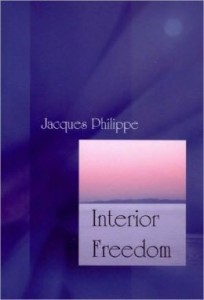
You can find “Interior Freedom” here
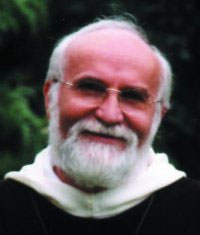
.



